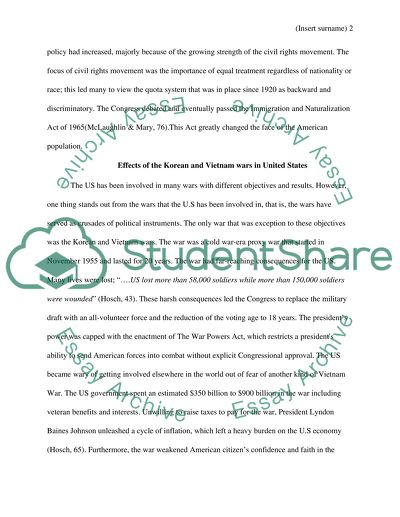Cite this document
(“What is the Cold War (1917-1991) Discuss its cultural, economic, Essay”, n.d.)
Retrieved from https://studentshare.org/history/1690190-what-is-the-cold-war-1917-1991-discuss-its-cultural-economic-political-religious-and-social-dimensions
Retrieved from https://studentshare.org/history/1690190-what-is-the-cold-war-1917-1991-discuss-its-cultural-economic-political-religious-and-social-dimensions
(What Is the Cold War (1917-1991) Discuss Its Cultural, Economic, Essay)
https://studentshare.org/history/1690190-what-is-the-cold-war-1917-1991-discuss-its-cultural-economic-political-religious-and-social-dimensions.
https://studentshare.org/history/1690190-what-is-the-cold-war-1917-1991-discuss-its-cultural-economic-political-religious-and-social-dimensions.
“What Is the Cold War (1917-1991) Discuss Its Cultural, Economic, Essay”, n.d. https://studentshare.org/history/1690190-what-is-the-cold-war-1917-1991-discuss-its-cultural-economic-political-religious-and-social-dimensions.


